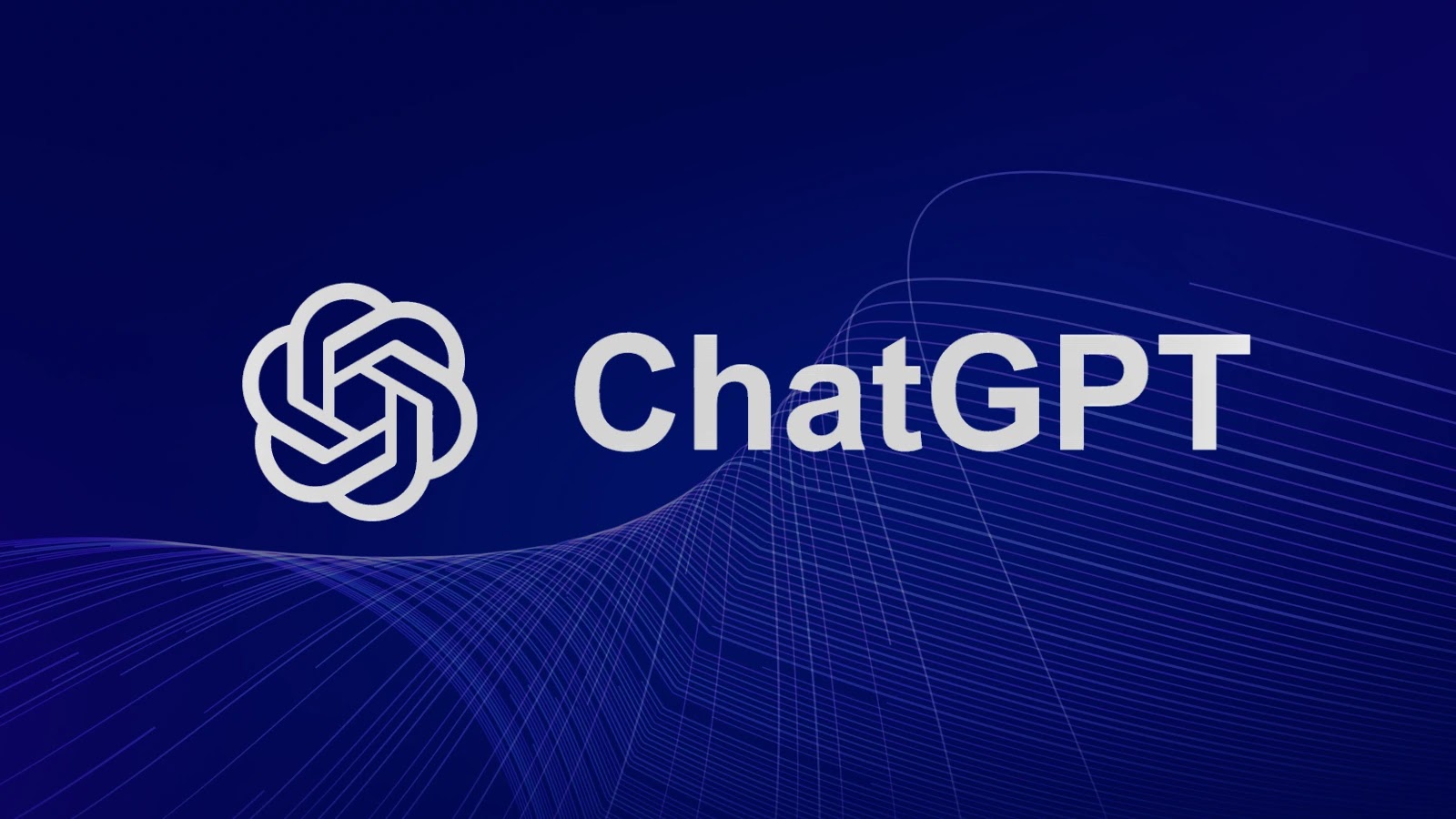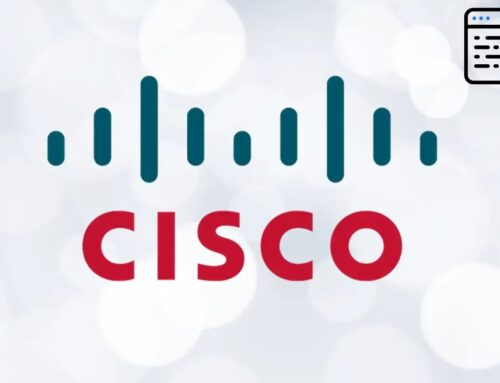
OpenAI Launches $4 ChatGPT Go Plan with Unlimited Access to GPT-5
The landscape of artificial intelligence is experiencing a significant shift, driven by innovations that promise unprecedented access to advanced computational power. For cybersecurity professionals, developers, and IT strategists, understanding these evolving access models is critical. OpenAI’s latest move, the introduction of ChatGPT Go, marks a pivotal moment, making cutting-edge AI more affordable and readily available.
OpenAI’s Strategic Move: Introducing ChatGPT Go
OpenAI has officially launched ChatGPT Go, a new subscription plan designed to democratize access to its powerful AI models. Priced at just ₹399 per month (approximately $4 USD, inclusive of GST), this budget-friendly offering stands to significantly lower the barrier to entry for individuals and small businesses seeking advanced AI capabilities. The core highlight of this new plan is the promise of unlimited access to the GPT-5 model, a significant leap forward in AI language processing.
This initiative, initially rolled out exclusively in India, signals a strategic geo-restricted launch. Such a targeted deployment allows OpenAI to gather valuable market insights and refine its service delivery in a key emerging market before a broader global expansion. This move not only addresses the demand for affordable AI but also positions OpenAI as a key player in fostering AI adoption across diverse economic landscapes.
Unlimited Access to GPT-5: What It Means for Users
The allure of ChatGPT Go lies specifically in its offering of unlimited access to GPT-5. For users, this translates into an unparalleled ability to leverage the latest advancements in AI for a multitude of tasks without constraints. GPT-5 is expected to bring heightened linguistic precision, improved contextual understanding, and enhanced problem-solving capabilities compared to its predecessors. This upgrade is not merely incremental; it represents a significant leap in AI’s ability to generate human-like text, understand complex queries, and assist in creative and analytical processes.
For IT professionals, unlimited access to such a powerful model means constant experimentation, rapid prototyping, and the ability to integrate advanced AI into daily workflows without worrying about token limits or usage caps. This can accelerate development cycles, enhance data analysis, and even improve security operations through advanced threat intelligence parsing and report generation.
The Implications for Cybersecurity and Development
The widespread accessibility of advanced AI models like GPT-5, even through a budget-friendly plan, carries substantial implications across various sectors, especially cybersecurity and software development.
- For Developers: Cheaper, unlimited access to GPT-5 enables developers to integrate sophisticated AI functionalities into their applications more readily. This could lead to a proliferation of AI-powered tools for code generation, debugging, testing, and even automated documentation. It democratizes AI development, allowing smaller teams and individual developers to compete with larger enterprises.
- For Cybersecurity Analysts: GPT-5’s capabilities can be leveraged for better threat intelligence analysis, natural language processing of security logs, and even automated incident response playbooks. However, it also means that malicious actors will gain access to similar, if not identical, capabilities. This necessitates a proactive approach to AI-driven defense mechanisms. The potential for more sophisticated phishing attempts, malware generation, and social engineering attacks, while not directly tied to a specific vulnerability like CVE-2023-38831 (WinRAR ACE format), highlights an evolving threat landscape where AI tools empower both defenders and attackers.
- Ethical AI Considerations: As AI becomes more accessible, ethical considerations surrounding bias, misuse, and accountability become even more critical. Organizations and individuals must engage responsibly with these powerful tools.
Accessibility and Market Strategy: The India Rollout
OpenAI’s decision to launch ChatGPT Go exclusively in India highlights a strategic market capture approach. India, with its vast and tech-savvy population, represents a massive potential user base for AI solutions. By offering an affordable plan tailored to local economic conditions (₹399, approximately $4 USD), OpenAI is positioning itself to gain significant traction in a rapidly growing digital economy.
This localized rollout allows OpenAI to fine-tune its infrastructure, understand regional user behavior, and manage potential scaling challenges before a wider global release. It also sets a precedent for how AI companies might approach market entry in other emerging economies, focusing on affordability and localized service delivery to drive mass adoption.
The Future of AI Access and Innovation
ChatGPT Go represents more than just a new pricing tier; it signifies a commitment from OpenAI to make advanced AI ubiquitous. This move will undoubtedly accelerate innovation across various industries, from content creation and customer service to scientific research and cybersecurity. The unlimited access model encourages users to push the boundaries of AI application, leading to unforeseen breakthroughs and new use cases.
For the cybersecurity sector, the availability of such powerful tools underscores the ongoing arms race between defenders and attackers. As AI-powered offensive capabilities become more accessible, so too must defensive AI tools evolve and be adopted. Staying ahead means leveraging these advancements for proactive threat detection, anomaly analysis, and intelligent automated responses.





